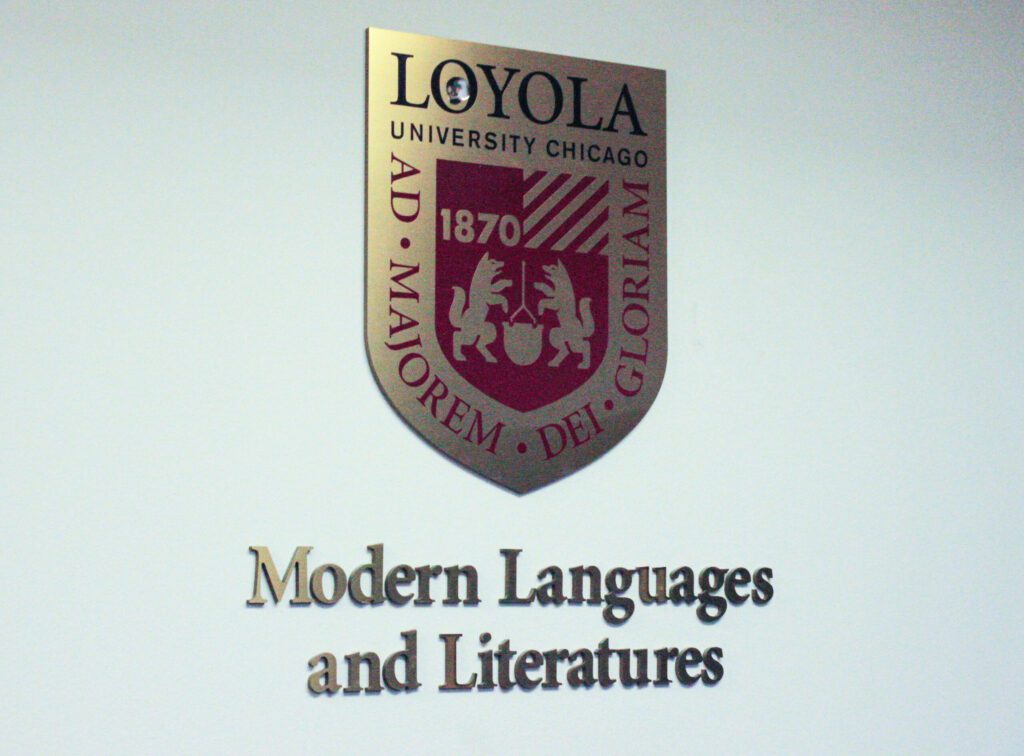The Department of Modern Languages and Literatures hosted “Black Italy: Invisible Stories of Liberation,” a two-part event exploring the contributions of individuals of African descent during fascist Italy. Held on Oct. 24 and Nov. 2, the discussions featured writer Maaza Mengiste, artist Dawit L. Petros, and historian Dr. Silvana Patriarcha.
The first event included a panel discussion focusing on the impact of fascism and Italy’s invasion of Ethiopia in 1935. Patriarcha highlighted the importance of addressing difficult historical topics to fully understand the past and prevent its repetition. Mengiste discussed the lessons of resistance and the need for deeper historical analysis, indicating that official narratives often overlook alternative perspectives. Petros stressed the significance of recognizing these overlooked histories, urging students to engage critically with the material to foster a better understanding of the complexities of history.
Mussolini’s regime, marked by oppression, racial laws against Jews, and military aggression in Ethiopia and Albania, created a culture that often disregarded painful truths about its past. The second event featured Spike Lee’s film “Miracle at St. Anna,” which centers on the Buffalo Soldiers, a Black division in WWII that fought in Italy but received minimal recognition for their contributions until decades later. This event emphasized the necessity of acknowledging these ignored histories and the sacrifices made by marginalized communities during wartime.



